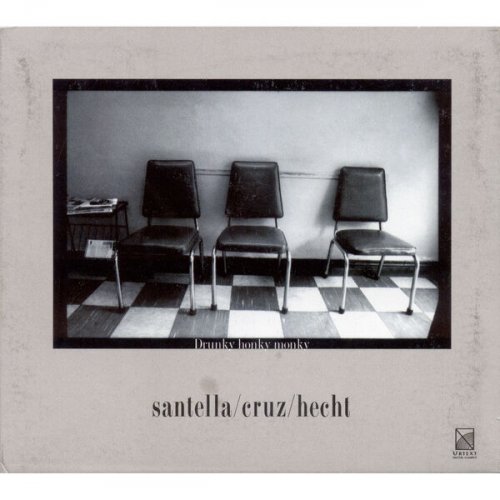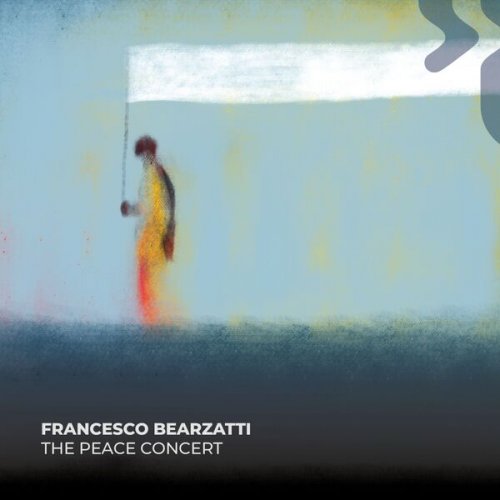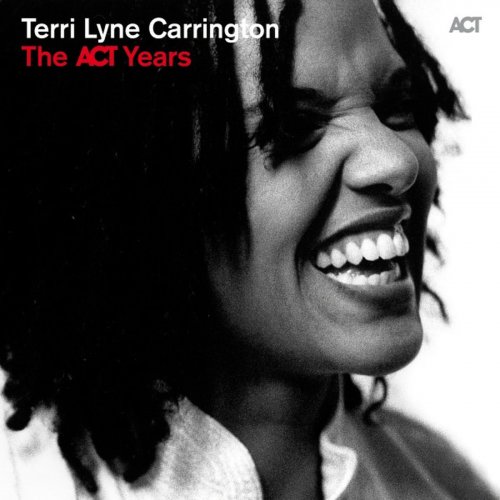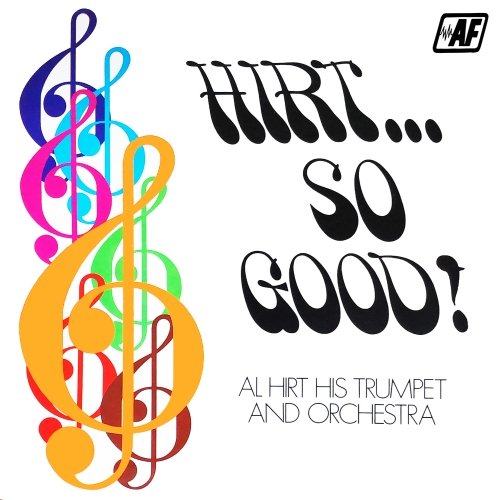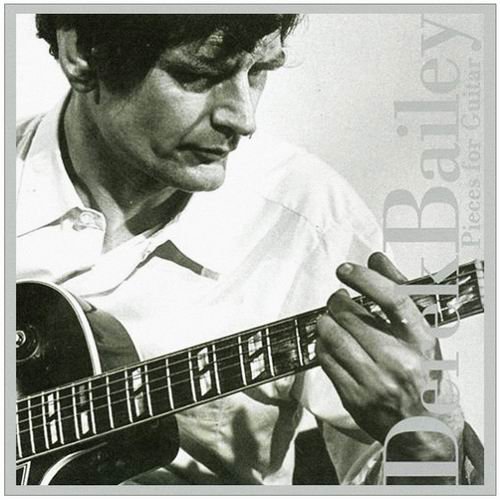Emerson String Quartet & Renée Fleming - Berg: Lyric Suite - Wellesz: Sonnets Op.52 (2015)
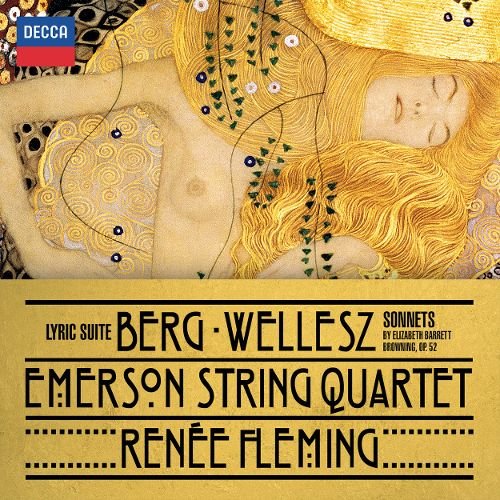
Artist: Emerson String Quartet, Renée Fleming
Title: Berg: Lyric Suite - Wellesz: Sonnets Op.52
Year Of Release: 2015
Label: Decca
Genre: Classical
Quality: FLAC (image + .cue, log, scans)
Total Time: 56:25 min
Total Size: 237 MB
WebSite: Album Preview
Tracklist:Title: Berg: Lyric Suite - Wellesz: Sonnets Op.52
Year Of Release: 2015
Label: Decca
Genre: Classical
Quality: FLAC (image + .cue, log, scans)
Total Time: 56:25 min
Total Size: 237 MB
WebSite: Album Preview
01. Allegretto gioviale
02. Andante amoroso
03. Allegro misterioso
04. Adagio appassionato
05. Presto delirando
06. Largo desolato
07. Alternate version with soprano: Largo desolato
08. Getragen
09. Sehr breit
10. Moderato: Gemessen
11. Leicht bewegt (Andante)
12. Sehr langsam, zogernd
13. Komm, susser Tod, arranged for soprano and string quartet by J. Peter Koene
Here's a recording that doesn't introduce its star name until it's more than half over, and works quite well on that account. The understanding of the opening work, Alban Berg's six-movement Lyric Suite (1926), has evolved since scholars discovered a secret copy of the work that, despite its use of the abstract 12-tone system, outlines a quite specific program depicting the course of the composer's extramarital affair with Dorothea Robetin the previous year. The finale was even shown to contain an unsung melody, a setting of a very relevant Baudelaire poem, and to be performable with the melody sung. That's what you get here in the "alternative version" performed by Renée Fleming with the Emerson String Quartet; the original textless version is also given. The album proceeds with much less common music: a set of Sonnets of Elizabeth Barrett Browning, Op. 52, by Berg's contemporary Egon Wellesz, in a German translation by none other than Rainer Maria Rilke. They may be worth the price of admission for Rilke fans on that basis alone, but the music, in an idiom that only enthusiasts will be able to tell from early Berg, can stand on its own. It benefits greatly from the effective contrast between the dramatic, swooping Fleming and the intellectual, skittering Emerson. The final work, a soprano and string quartet arrangement of a song by the Austrian Jewish composer Eric Zeisl (later known for the score to The Postman Always Rings Twice), is still less familiar, but it's a gorgeous death ode a click or two closer to tonality than Wellesz, and it's sung to the hilt by Fleming. With lots of fresh music and impeccable performances, this is a winner for Second Viennese School devotees. -- James Manheim
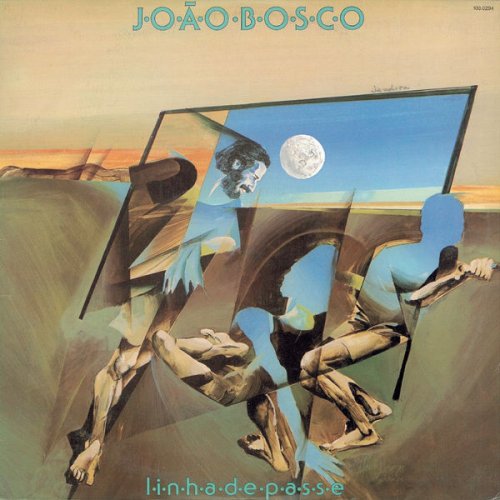
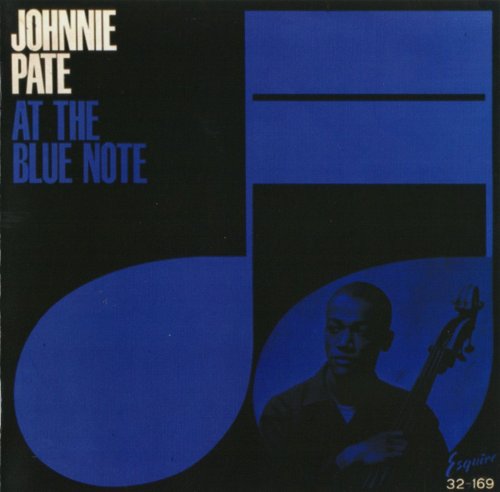
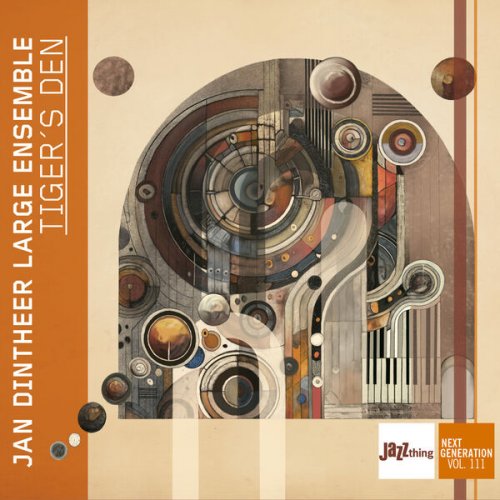
![Roland Kirk - We Free Kings (1961/2026) [Hi-Res] Roland Kirk - We Free Kings (1961/2026) [Hi-Res]](https://www.dibpic.com/uploads/posts/2026-01/1769717249_cover.jpg)
